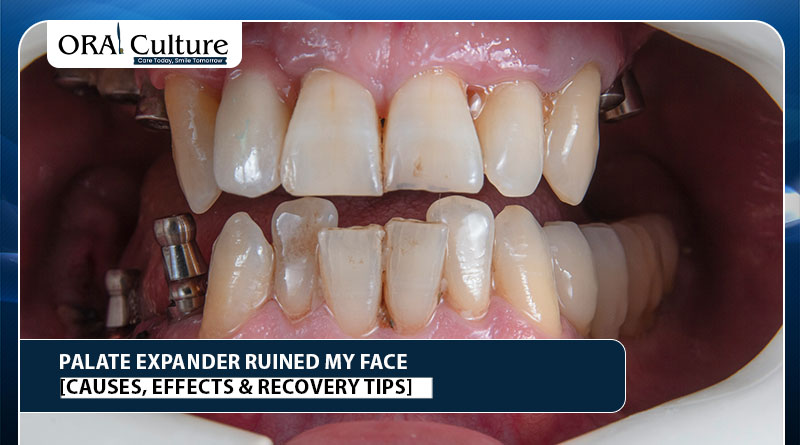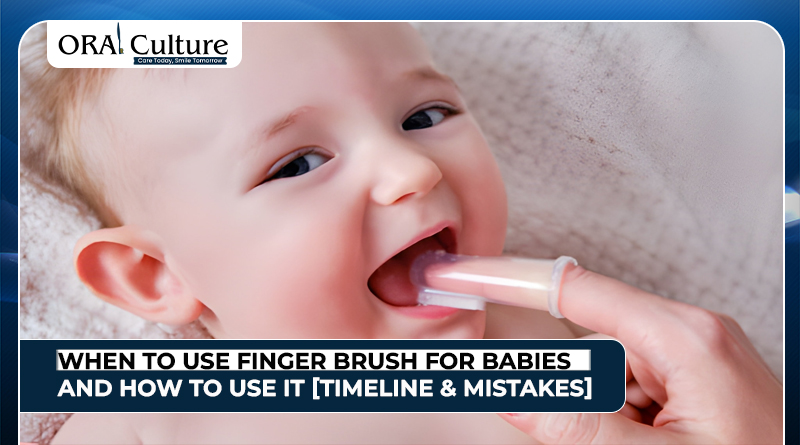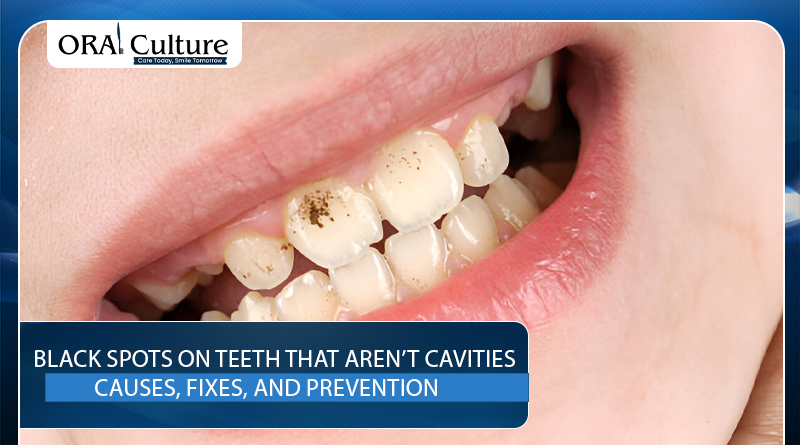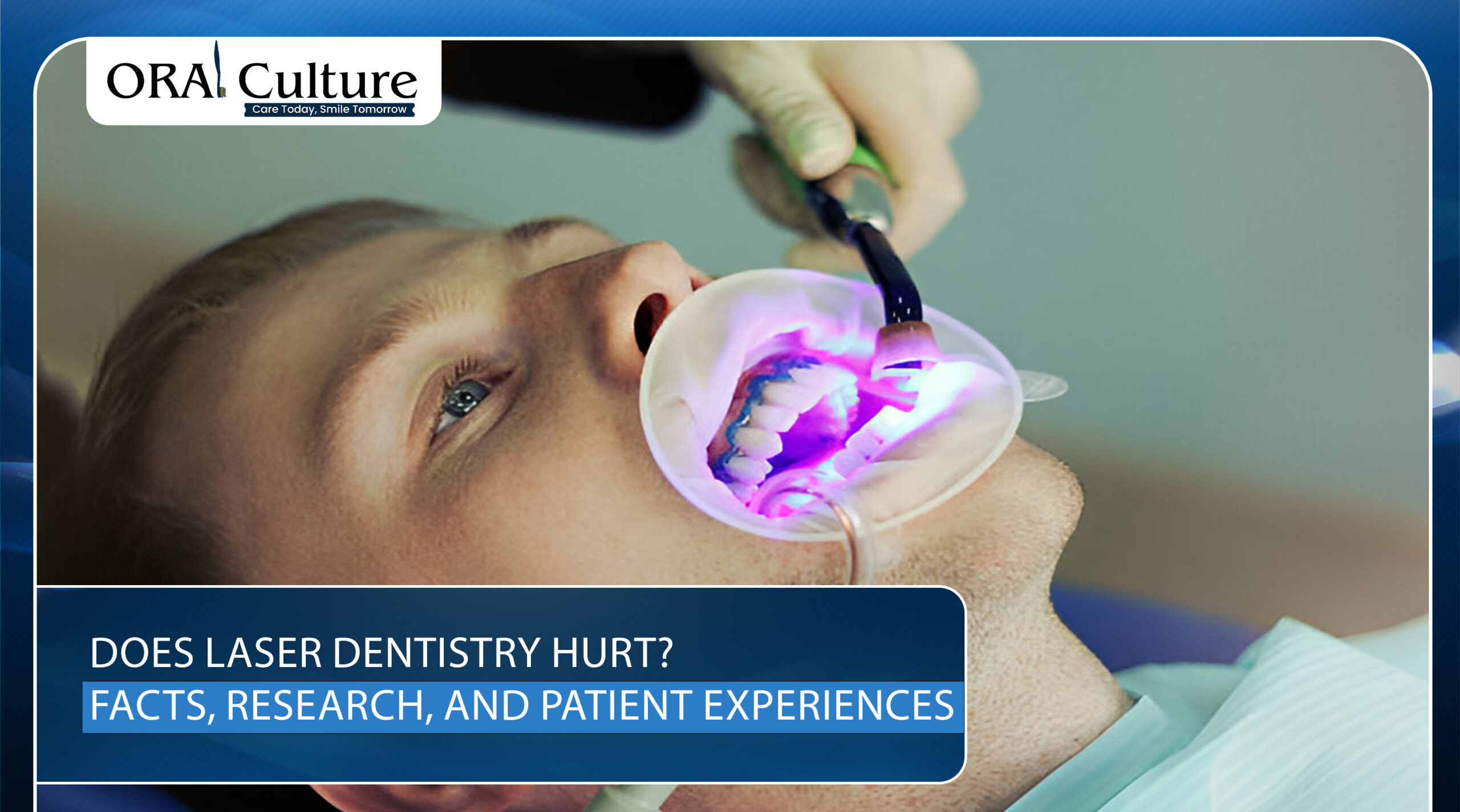Many people are surprised to find out that laser dentistry is typically not painful.
Some patients even describe it as completely pain-free, while others say it feels much gentler than drills or injections. A few notice a slight warming sensation, but many don’t feel anything at all during the treatment.
Still, if you grew up associating the dentist with the high-pitched buzz of a drill or the sting of an injection, it makes sense to be skeptical.
That’s why it helps to understand how lasers actually work, what they feel like, and why more dentists and patients are choosing them over traditional tools.
Why People Fear Dentistry in the First Place
The fear of pain at the dentist isn’t new. Think about it:
- The high-pitched sound of the drill.
- The vibration that rattles through your jaw.
- The sting of the anesthesia needle.
- The soreness afterward.
Even if the dentist is gentle, those sensations stick in our memory. They’re why many people avoid check-ups until a toothache forces them in. Laser dentistry is different because it removes most of those triggers.
For children, that fear can feel even bigger. Some kids completely refuse treatment when they see traditional tools. If that’s something you have experienced with your child, you may find this guide on what to do when a child refuses dental treatment very helpful.
What Laser Dentistry Actually Feels Like?
Laser dentistry uses focused beams of light to cut, shape, or clean teeth and gums. That sounds high-tech, but in practice, patients describe it in simple terms:
- A light warm feeling
- Gentle tapping
- Sometimes no sensation at all
For example:
- Cavity treatment: With drills, you almost always need anesthesia. With lasers, many small cavities can be treated without any injections.
- Gum reshaping: Instead of cutting and stitching, the laser gently shapes the gum and seals it at the same time. Less bleeding, less swelling, faster healing.
- Mouth ulcers or cold sores: Lasers can remove discomfort instantly by sealing nerve endings.
- Teeth whitening: The laser simply activates a whitening gel. You might feel mild sensitivity afterward, but not during the process.
So when someone asks, “Does it hurt?” the honest answer is: not really, at least not in the way you might think.
What Do Science and Research Say?
This isn’t just about patient feelings. Research backs up the comfort and safety of laser dentistry.
- Research shows that patients who receive laser treatment often report less pain and a quicker recovery than those who undergo traditional gum surgery.
- The American Dental Association (ADA) recognizes lasers as safe and effective for many dental uses.
- Surveys show that more than 80% of patients prefer lasers over drills, mainly because they experience less pain and less fear.
In short: it’s not hype. It’s proven.
Are There Times When Laser Dentistry Might Hurt?
To be honest, yes… but only sometimes. No dental treatment can promise zero pain for everyone. Here are the exceptions:
- Deep cavities: If decay is close to the nerve, the dentist may still use anesthesia.
- Very sensitive gums or teeth: Some patients feel mild sensitivity during treatment.
- Complex procedures: Lasers can’t replace every single tool. Sometimes dentists combine lasers with traditional instruments.
Even in these cases, patients usually report that the discomfort is lighter and easier to handle compared to the traditional approach.
How to Heal After Laser Dentistry?
One of the biggest advantages of laser treatment is how smoothly the healing process goes. Since the laser seals the tissue as it works, recovery is often much easier. Most patients notice:
- Little to no bleeding
- Reduced swelling
- A lower chance of infection
- Quicker overall recovery
For example, gum surgery with a scalpel might take weeks to heal. With lasers, many people are back to eating normally in just a few days. That’s a big difference.
And speaking of recovery, many patients who explore laser dentistry are also curious about cosmetic treatments. If you’re someone who cares about aesthetics, you may enjoy our simple guide on choosing the best braces colors.
Common Myths About Laser Dentistry
Even though lasers have been around in dentistry since the 1990s, a few myths still confuse people:
- “Lasers can burn your mouth.” False. Modern lasers are carefully controlled and safe.
- “It’s experimental.” Not true. Lasers are FDA-approved and widely used in clinics worldwide.
- “It must be more painful.” The opposite is true, patients consistently report less pain and less fear.
Final Thoughts
If dental anxiety has been holding you back, it may be time to look at your options differently. Laser dentistry removes many of the common worries, like the sound of the drill, the vibration, and in many cases, the need for needles.
What you get instead is a gentler, quicker, and more comfortable way to keep your smile healthy.
Don’t let old fears stop you from getting the care you deserve. Learn how modern laser treatments can make your next appointment easier than you ever imagined.
Visit Oral Culture today and book your consultation to see the difference for yourself.
People Also Ask
Does laser dentistry hurt at all?
For most patients, no. Some feel mild sensitivity, but it’s usually far less painful than drills or needles.
Do dentists still use anesthesia with lasers?
Sometimes. For shallow cavities and gum work, anesthesia often isn’t needed. For deeper procedures, a small dose may still be used.
Is it safe for children?
Yes. In fact, it’s often better for kids because it reduces fear and speeds up healing.
How long does recovery take?
Usually much faster than with traditional methods. Many patients feel normal again within a day.






